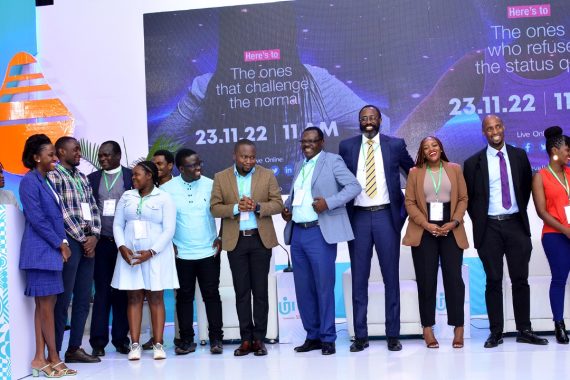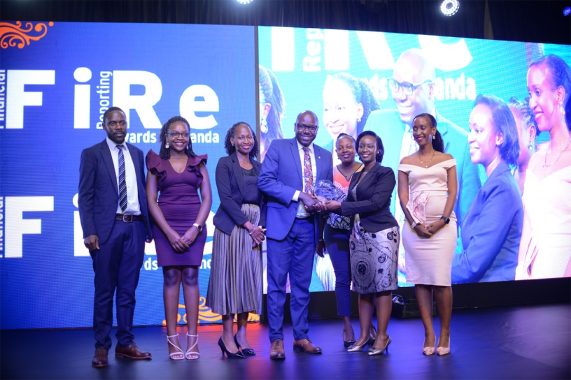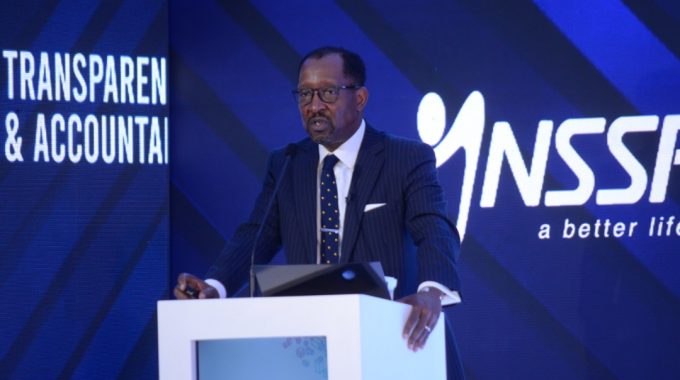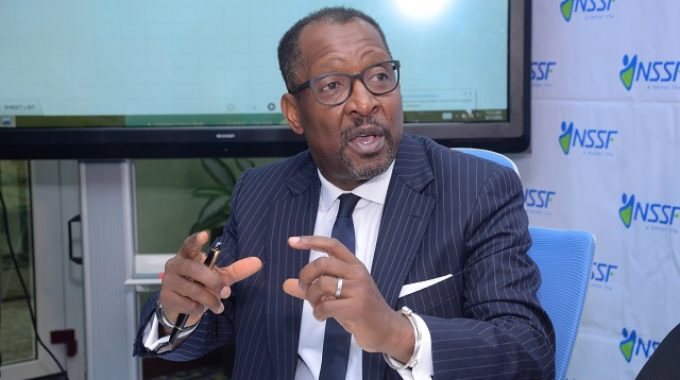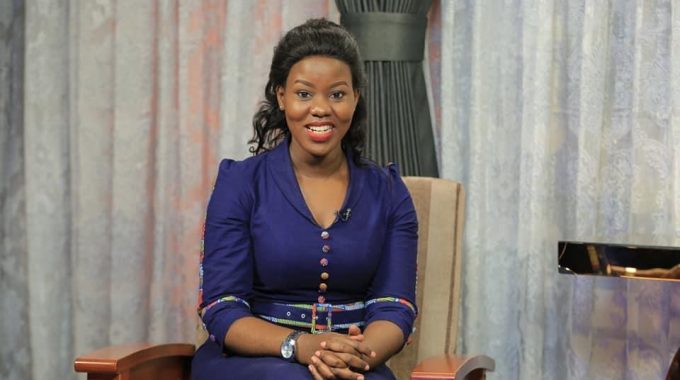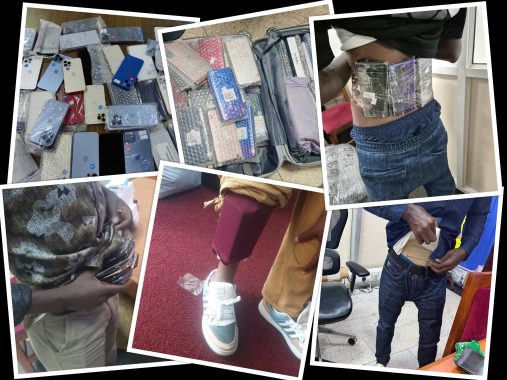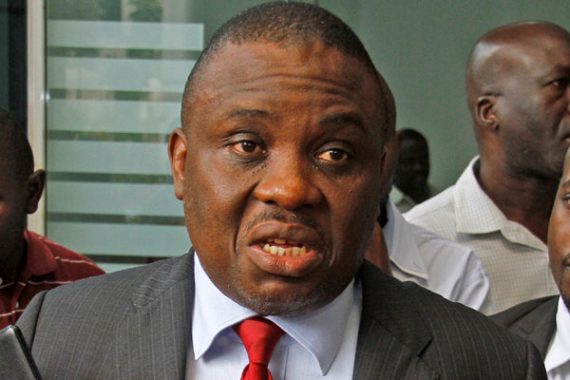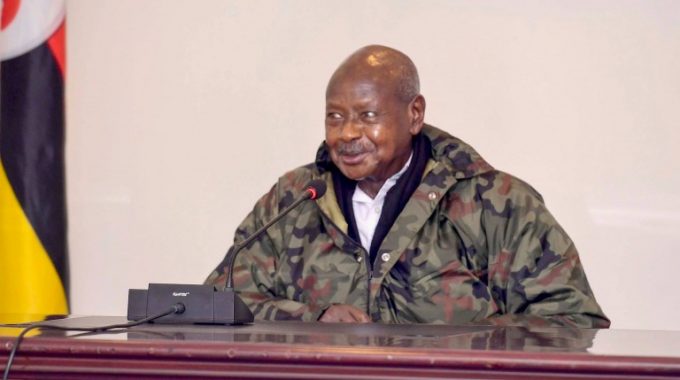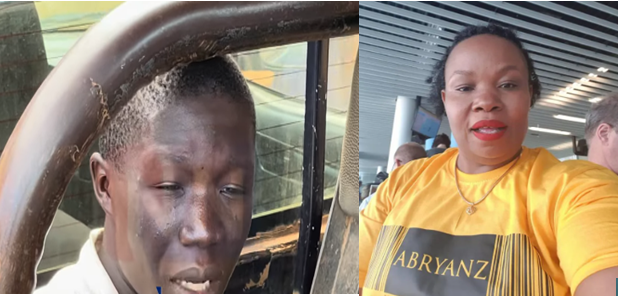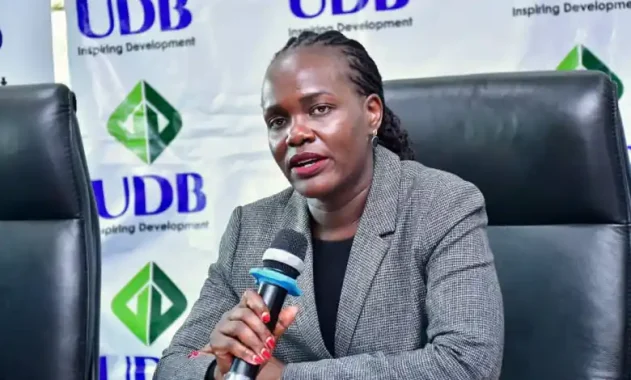The National Social Security Fund (NSSF) in partnership with Mastercard Foundation has earmarked over Ushs7.6bn seed funding to 100 indigenous women-owned businesses under the third cohort of their NSSF Hi-innovator programme, an innovation initiative.
This was revealed at the launch of the 3rd funding round for NSSF Hi-Innovator dubbed NSSF Hi-Innovator Women Accelerator during the Uganda Innovation Week that runs between 22nd – 24th November 2022, at Mestil Hotel, in Kampala.
Speaking at the launch, Patrick Ayota, the NSSF Deputy Managing Director said that the funding is aimed at giving women entrepreneurs an opportunity to improve their business skills and grow their businesses whilst readying them for future investor funding.
“We have noticed the low participation of women entrepreneurs business initiatives. Whereas Uganda is ranked the second country in the world with the highest number of women business owners (38.4%), according to a 2021 Mastercard Index of Women Entrepreneurs, a 2019 World Bank stated that women-owned microenterprises in Uganda generate 30% lower profits than their male counterparts.”
“Through our women-only funding round of the NSSF Hi-Innovator, we will provide opportunities for women entrepreneurs to reverse the trend. We will avail Ugx 75m as seed funding for each women business and our target is to fund at least 100 businesses this round,” Ayota said.
The NSSF Hi-Innovator Women Accelerator is open to all women entrepreneurs in all economic sectors across the country until the end of January 2023.
Adrian Bukenya, the Mastercard Foundation Country Director expressed his enthusiasm about the partnership. “Our vision is to play a catalytic role in supporting partners to spur change built on a shared vision and values, equity, and accountability. Our approach is holistic, emphasizing resilience and coordination among local implementing partners. Therefore, we are excited to be partners with NSSF on the Hi-innovator program,” he said.
He added that through the NSSF Hi-Innovator Women Accelerator, Mastercard Foundation aims to support highly impactful and scalable small and growing businesses to access seed capital and technical support for their businesses.
“With this intervention, and by decentralizing and democratizing investment, more start-ups can receive funding and technical assistance to enable them scale and create work opportunities,” Bukenya added.
In addition to the seed funding, the selected businesses will have unlimited access to customized business courses on the Hi-innovator Business Academy – an online learning platform, tailored technical support, mentorship, and peer-to-peer learning opportunities.
Applicants will first receive entrepreneurial skill training through the Hi-innovator business academy, then pitch to an expert panel of judges. It is through pitching that successful businesses will be selected.
To join, interested female entrepreneurs will apply via https://hi-innovatorbusinessacademy.nssfug.org/
Explaining the criteria, Richard Zulu, the Outbox Team Lead, said that participating businesses must have over 50% female ownership or have at least 70% women in top management, must be legally operational in Uganda for at least two years and, employ at least 2 full-time staff, among others.
The Hi-Innovator programme, initiated by NSSF in partnership with Mastercard Foundation aims to create an environment where indigenous Small and Growing Businesses can be supported to mature into viable businesses. Outbox Uganda is the lead implementing partner.
It targets to impact over 75,000 entrepreneurs, provide seed funding to 500 budding businesses and create over 132,000 jobs over 5 years.
Since its launch in May 2021, 32 businesses have received seed funding and technical assistance worth over Ugx 4.6 billion through the Hi-Innovator Programme, helping to sustain and improve over 20,000 work opportunities for young people in Uganda. 78 businesses that were selected for seed funding last month are currently undergoing due diligence prior to receiving their Ugx 5.9 billion funding.
Sapiosexual & Ambivert




